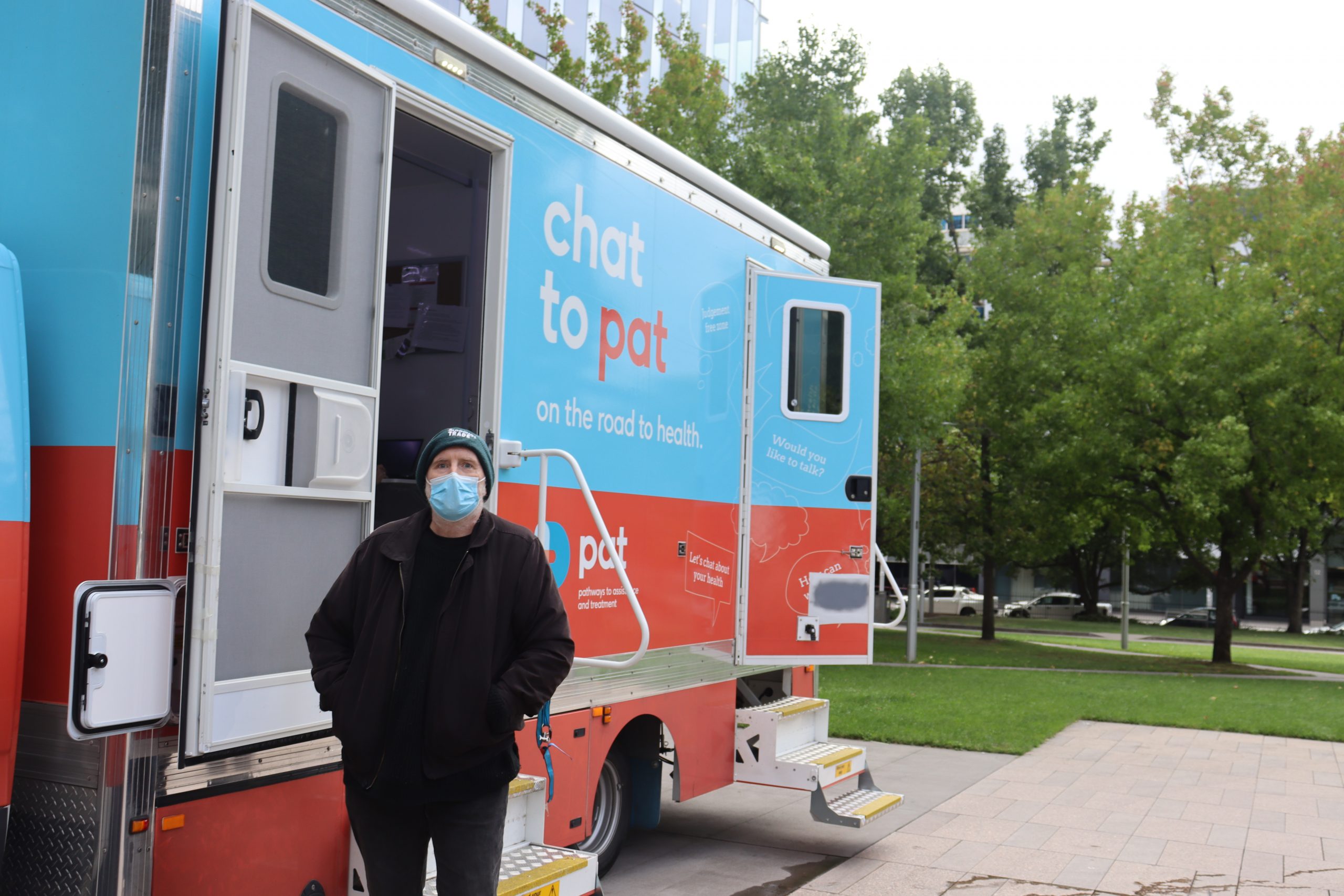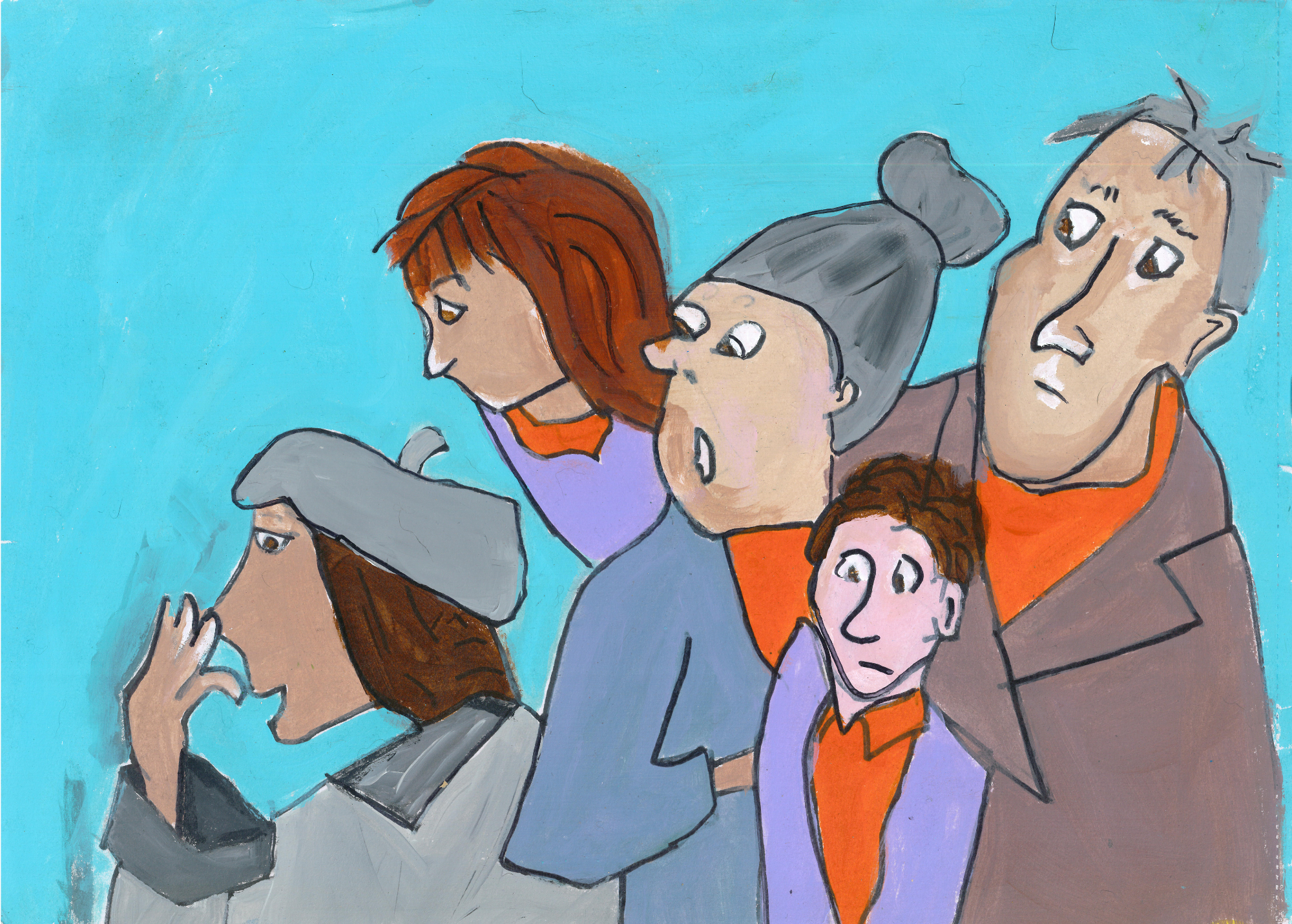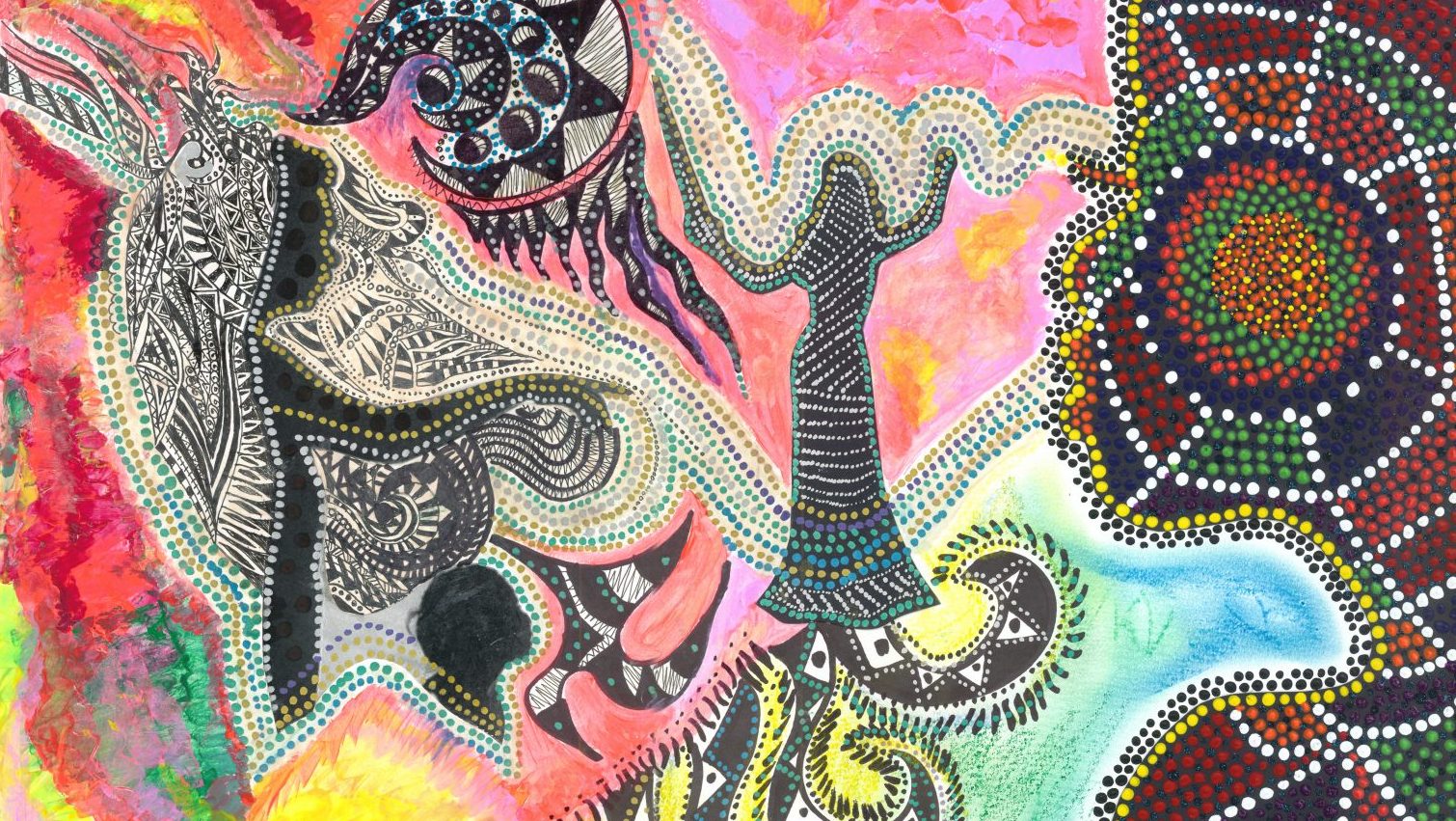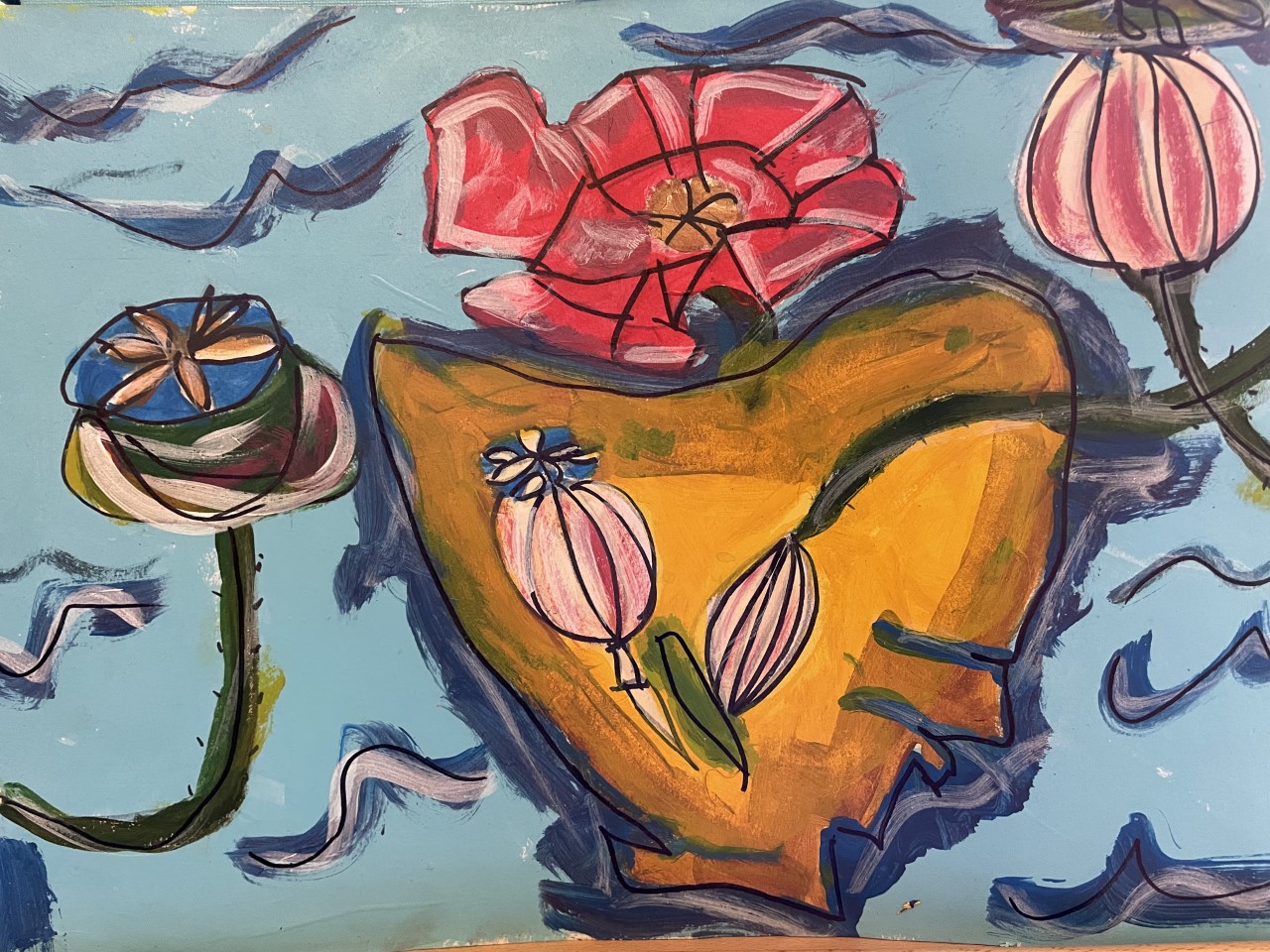Covid-19
CAHMA supported its community through the outbreak of Covid-19 with brokerage, food and necessities and peer treatment support.

CAHMA is proud to have inaugurated the first peer-administered naloxone program in Australia. The pilot take-home naloxone program, which was developed by CAHMA’s manager at the time, Nicole Wiggins, in consultation with the Implementing Expanded Naloxone Availability in the ACT (I–ENAACT), ran the first Overdose Management workshops in March 2012. The I-ENAACT pilot program provided training in the skills necessary to respond effectively to opioid overdose through the administration of naloxone and the application of other standard first aid interventions. Each trainee was provided with an overdose reversal kit that contained a pack of five doses of naloxone. The pilot program trained 200 people, all of whom were people who identified as current opioid users. The program was rigorously evaluated by a team of Alcohol and Other Drug experts, who found that the program unquestionably saved lives and made a valuable contribution to reducing the harms cause by opioid overdose.
In 2015, the ACT Government committed the resources necessary for CAHMA to provide take-home naloxone and overdose management training on an ongoing basis. Since then, CAHMA’s naloxone program has flourished.
The program has the support of a wide range of stakeholders, including the Pharmacy Guild, the ACT Division of General Practice, numerous individual General Practitioners, the ACT Ambulance Service, thousands of drug users throughout the ACT as well as their families, friends and allied service providers. The program is strongly supported by the ACT Government and is a jewel in the crown of the Health Minister’s portfolio. Since the success of CAHMA’s Naloxone Program our model has been taken up by community and clinical services across Australia.
Naloxone is an opioid antagonist which is used specifically and solely to reverse the effects of an opioid overdose when used in a timely manner. Naloxone is widely used in Australia and overseas by paramedics and emergency room staff in cases of suspected opioid overdose. CAHMA has provided Take-Home Naloxone in both intra-nasal and injectable formulations, with the intra-nasal formulation being much preferred in our community. Naloxone has no psychoactive effect and is not a drug of dependence, which removes the risk that it may be diverted for an improper use (put simply, it does nothing except reverse overdoses).
Naloxone is listed in the World Health Organisation list of Essential Medicines 2021. Addressing Increasing Overdoses.
Opioid overdose is a continued and substantial contributor to death, disability and injury among individuals who use opioids in the ACT. There has been an increase in the use of pharmaceutical opioids, and their use in conjunction with other depressant drugs such as alcohol, benzodiazepines, and heroin, is leading to an increase in the number of opioid related overdoses in Australia.
Clients who have previously been trained in overdose management through CAHMA’s take-home naloxone program, or people who have attended certified first aid training, will be familiar with the importance of airway maintenance and rescue breathing when administering first aid to an opioid overdose patient. However, the Resuscitation Council of Australia are recommending that first responders SHOULD NOT either attempt to clear the patient’s airway manually or to provide rescue breathing (either with or without a CPR mask). This recommendation is in response to the Covid-19 pandemic and the heightened risk of viral transmission through close contact. First responders who use intranasal naloxone to reverse an overdose should be aware of the risk that the patient may cough or sneeze as the naloxone takes effect. First responders should practice physical distancing of at least 2 metres as much as possible during the administration of first aid.
The program to expand availability of Naloxone was part of a comprehensive response to overdose developed by the multidisciplinary Implementing Expanded Naloxone Availability in the ACT (IENAACT) committee. An independent evaluation of the program was conducted in 2008 where the program was seen to be highly successful. Since then, the program has received ongoing funding and continues to run around 200 training sessions year as well as opportunistic brief interventions for people whom training is a barrier. Additionally the CAHMA program opened the door to naloxone program success across Australia.
Get Naloxone free via post, complete our opioid overdose training and receive free naloxone by post!
CAHMA supported its community through the outbreak of Covid-19 with brokerage, food and necessities and peer treatment support.

Person centred peer based case management service

Aboriginal and Torres Strait Islander peer treatment support and groups

Peer education, health promotion and harm reduction programs at CAHMA
